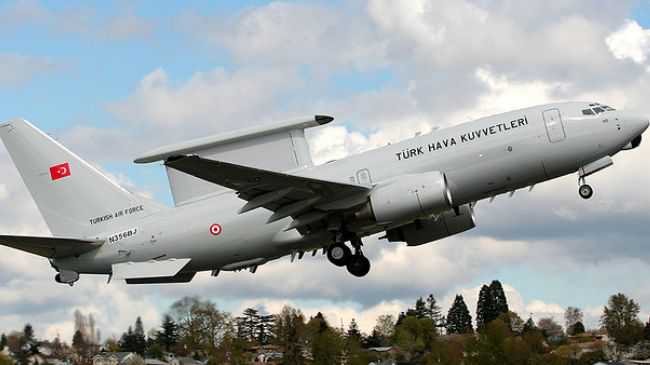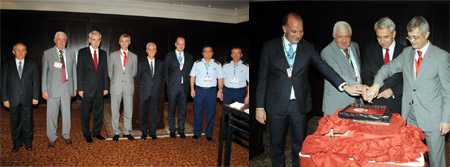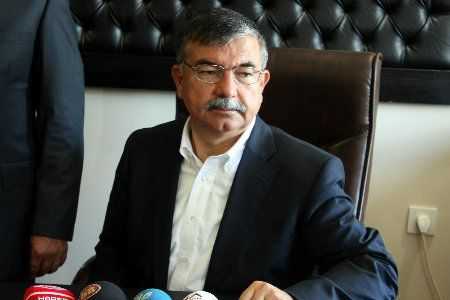ANKARA — New rules on Turkish defense procurement that broaden the jurisdiction and procurement management powers of the country’s defense procurement agency are raising concerns over whether that power will be abused, analysts said.
The Turkish government on Oct. 7 launched a set of rules regulating the country’s procurement mechanism. Rules that would place more power into the hands of civilians have been expected since the Sept. 21 conviction of 325 military officers, which was widely viewed as the end of military dominance in Turkish procurement matters.
“We expect to gain more bureaucratic power enabling us to be quicker in start-up, assessment and finalization phases, as well as [providing] more flexibility in project management,” said a source with the Undersecretariat for Defense Industries (SSM).
Ceyhun Erguven, an Ankara-based analyst, agrees. “Whether these new powers will create an all-too-powerful SSM — and a one-man show in the personality of the prime minister — are to be seen in time. But ideally, the new rules should centralize the bureaucratic decision-making mechanism and create a more efficient system,” he said.
Under the old rules, programs were officially launched after lengthy back-and-forth negotiations between the SSM and the military, and then through further discussions at the Defense Industry Executive Committee. Now, once the user specifies a requirement, and the SSM approves it, the issue will go to the defense minister’s desk for final approval.
The SSM also will have powers to make sole-source purchases when it deems them necessary due to “national interest, confidentiality, monopoly of technological capabilities and meeting urgent requirements.”
One controversial article in the new rules states: “The SSM has the authority, without undergoing any legal responsibility, to accept or refuse bids or to assess them fully or partly or to scrap a bidding process entirely or partly or to award a contract to any contender it deems appropriate.”
This may create legal loopholes and disputes in the future, a second Ankara-based analyst said.
“Obviously, the SSM cannot make itself legally untouchable just because a Cabinet decree gives it powers to be as such,” he said on condition of anonymity. “That article can always be legally challenged.”
An industry source expressed fear that under the new system, the SSM, acting under orders from the prime minister, can decide to buy from company X without competition and totally at its own convenience.
Another rule in the 17-article plan states that any move to eliminate extraneous bidders — known as “short-listing,” which then requires remaining bidders to submit revised proposals — will be approved personally by the chief of the SSM, presently Undersecretary Murad Bayar. The undersecretary also has the authority to endorse final contracts after negotiations.
The new rules additionally empower the SSM to revise modernization programs within the budgetary limits and to agree or disagree to the acquisition of extra systems and services in return for contractors’ offset obligations. Previously, those revisions had to be discussed by the Defense Industry Executive Committee, which is chaired by the prime minister and includes the SSM chief, defense minister and top military commander.
An offset is an industrial payback offered by the selling country to the buying country in return for the purchase of defense equipment.
Government-to-government defense deals are exempt from the new procurement rules, but contracts in this category of deals also will be managed and signed by the SSM.
A new article regarding program management also gives the SSM full authority to determine company roles in multiplayer contracts and decide on division of work; examine complaints over bidding processes and decide on these complaints; inspect and examine individual programs and companies involved; and give final acceptance of systems.
The SSM official said that all contracts that had not been finalized before Oct. 7 will be subject to the new rules.
Industry sources said some of the competitions falling into the new jurisdiction include the purchase of long-range air and missile defense systems, valued at $4 billion; the purchase of a landing platform dock ship, valued at $500 million; acquisition of a batch of 119 utility helicopters, valued at $3.5 billion; and the upcoming light utility helicopter program, valued at billions of dollars.
via Turkey’s New Procurement Rules Give Greater Control to Civilians | Defense News | defensenews.com.





